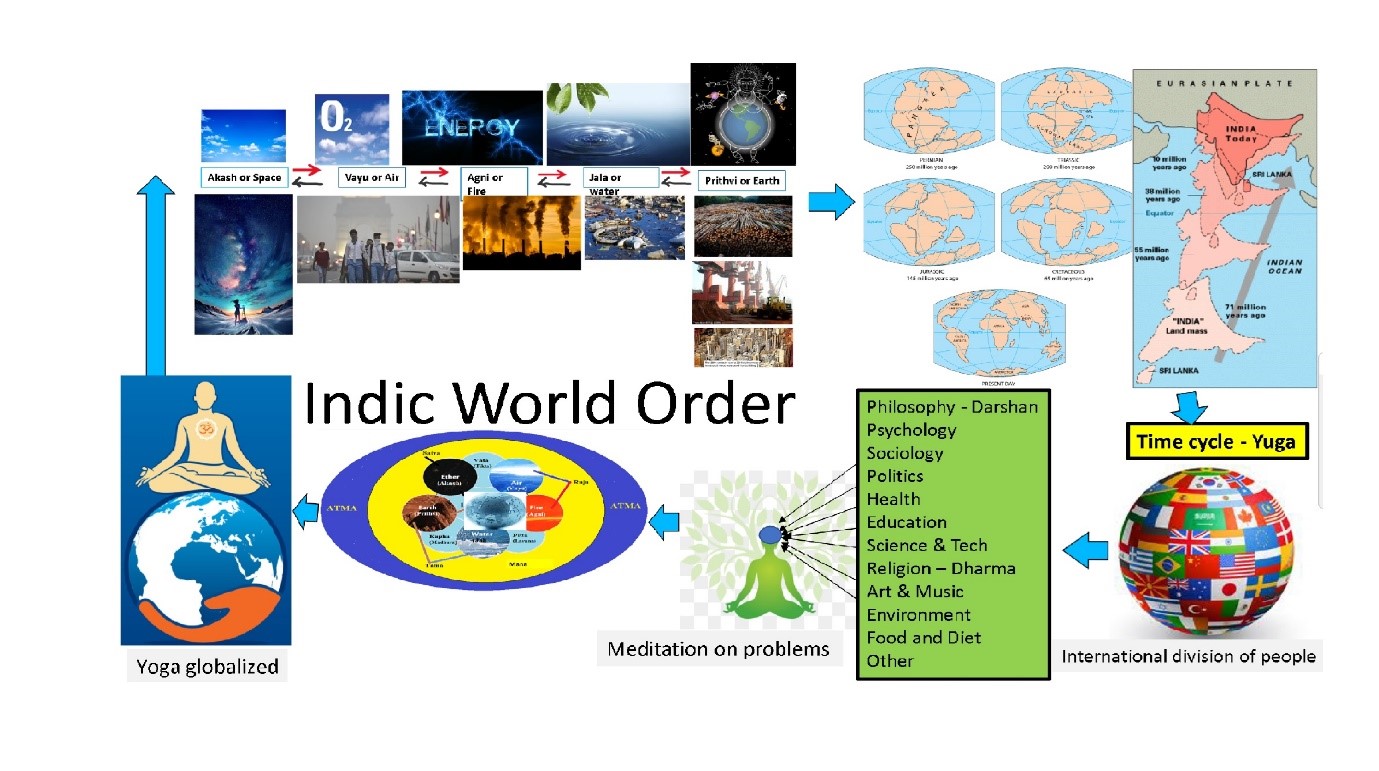The word Existence is the key concept in Existentialism. It is used in this philosophy in a very special sense. The existentialist uses existence to refer specifically to human existence. The fundamental existential themes examined include: freedom and responsibility; Lived-body; death, finitude and mortality; phenomenological experiences and 'moods', such as anguish, angst, nausea, boredom, and fear; an emphasis upon authenticity and responsibility as well as the analysis of their opposites (inauthenticity and Bad Faith); the tendency of individuals to become lost in the crowd and even a pessimism about human relations more generally; and a rejection of any external determination of morality or value.
Ongoing project throws light on these human tendency and their consequences on the society. The project is developed by examining the way in which the world appears to consciousness. It also, focuses on the emotions and Imaginations as the epistemic tool to understand human existence. Major problematic area, the project is dealing with, is to show the importance of emotional intelligence over artificial intelligence.

In human life, there are certain commitments or responsibilities that individuals carry, which contribute to the dynamics of the social system. This state of being arises when a person begins to understand their existence. The Yajurveda declares that the consciousness of the individual and the universe are similar, meaning that the individual dynamics is always connected to the collective dynamics. To comprehend this concept, one must first understand the essence of their existence. This is the core principle behind the manifestation of one’s true self. Identification of true - self is the essence of Lord Rama. In this process, there should be a harmonious relationship between the individual and society, and the outcome should reflect in values such as truthfulness, freedom, and mutual goodwill. Therefore, "Ramatva" essentially represents the realization of one's true self and the harmonious integration of the individual with society, leading to values such as truth, freedom, and mutual goodwill.

Human nature has always sought to interpret social and global scenarios according to new standards. This sentiment has given rise to the idea of a "World Order" from time to time. In Western countries, prominent figures such as Woodrow Wilson, George W. Bush, Winston Churchill, Samuel Huntington of Harvard, Noam Chomsky of MIT, and Henry Kissinger have presented the concept of a world order. One of their main characteristics is that they present the interpretation of a world order based on all social, political, economic, and religious conflicts. But for sustainability we need a natural system which can only be based on Yoga and Ayurveda, which determine the healthy life of human beings and society following their nature. In this system, there is no conflict or inequality, but harmonious progress by joining hands with each other. There is no feeling of arrogance or tendency to underestimate anyone in this system. In this situation, all individuals and societies have ample opportunity to develop all areas of their lives, such as health, politics, economy, education, culture, etc. according to their nature. The system allows to explore one’s potential to its optimum level and avoid any pre-defined pathways to lead their life similar to rat race.


Economics and Philosophy are closely related. Acharya Kautilya considered his work "Arthashastra" to encompass the entire field of "Darshan Trayi," which includes the Vedas and discussions. Kautilya defines in the Arthashastra that the livelihood of a person is wealth, the land on which he resides is also wealth, and the description of the means to acquire and manage it is found in the science of economics, i.e., Arthashastra. In the Mahabharata, the Arthashastra was regarded as the science of politics and administration. In this context, there is an episode where Arjuna is considered an expert in economics. Thus, the term "Arthashastra" itself has a broad meaning. Under the umbrella of the "Economy of Philosophy," in KSAS, we are essentially explaining the meaning and relevance of the term "arth" in connection with values, relationships, abilities, and capabilities. Additionally, it aims to evaluate traditional systems in a contemporary context and demonstrate their real significance.






